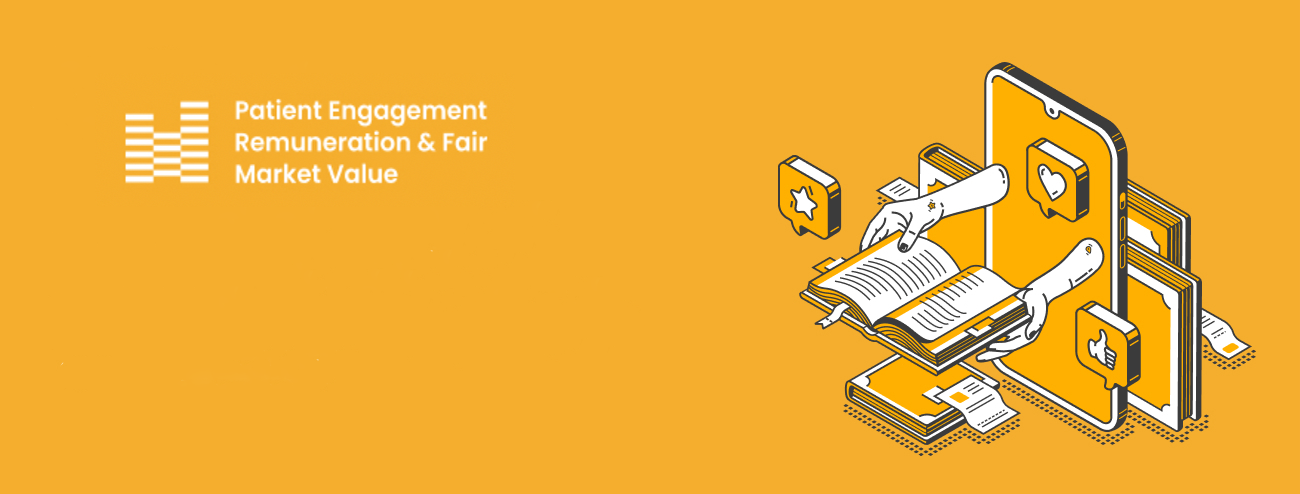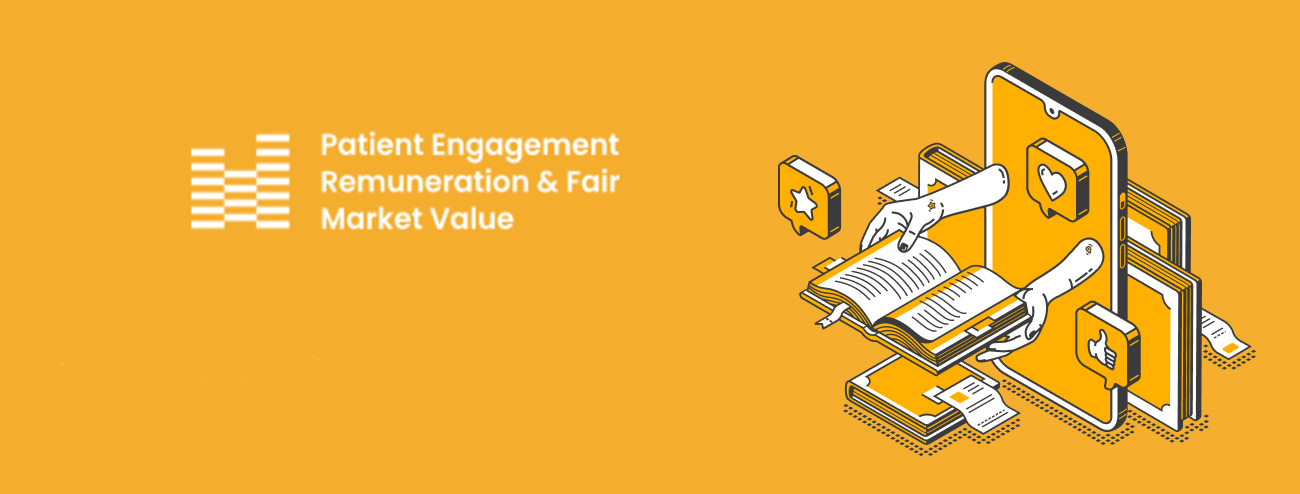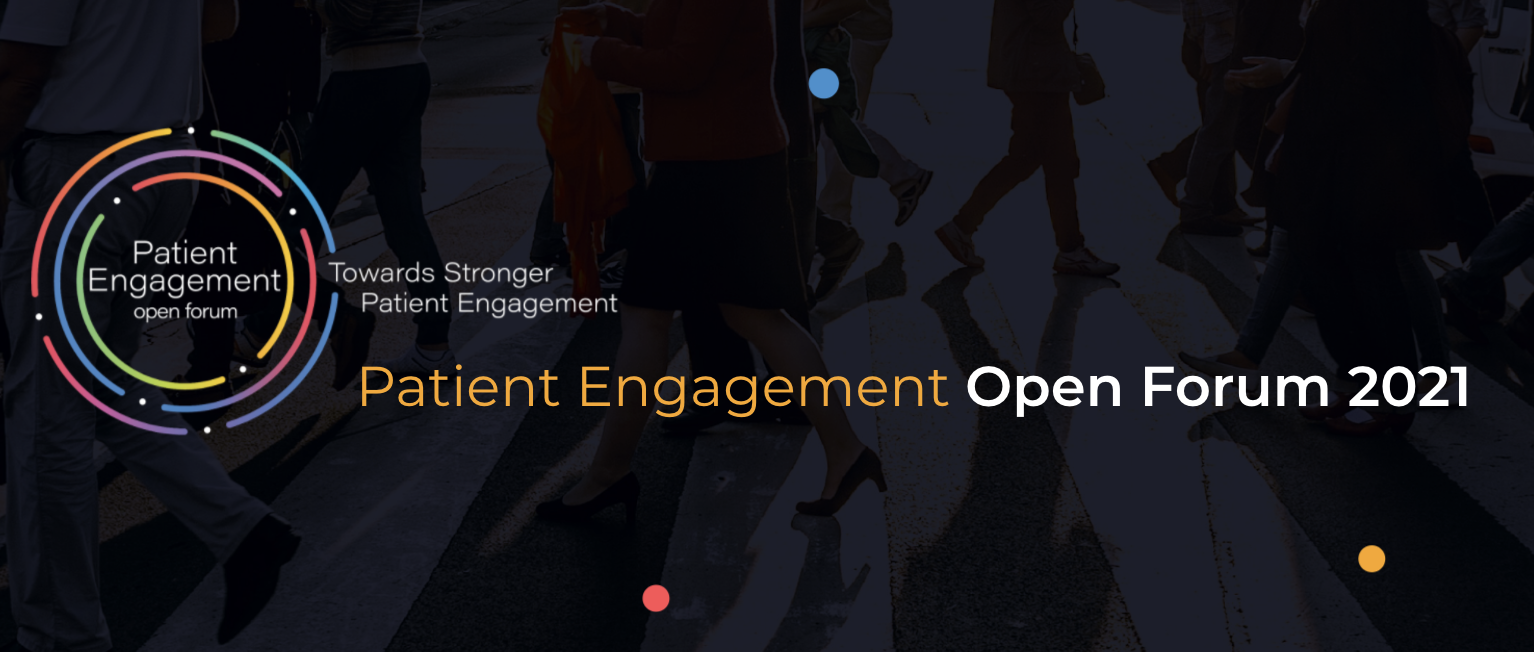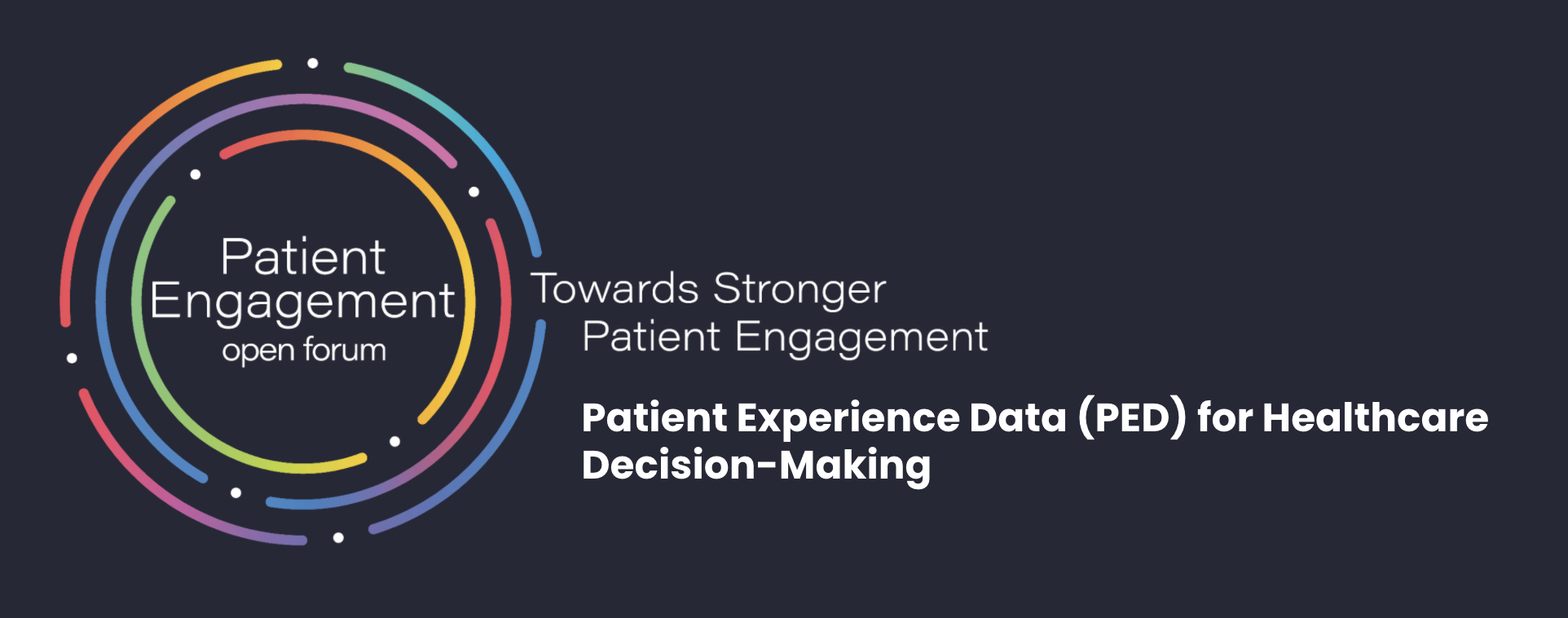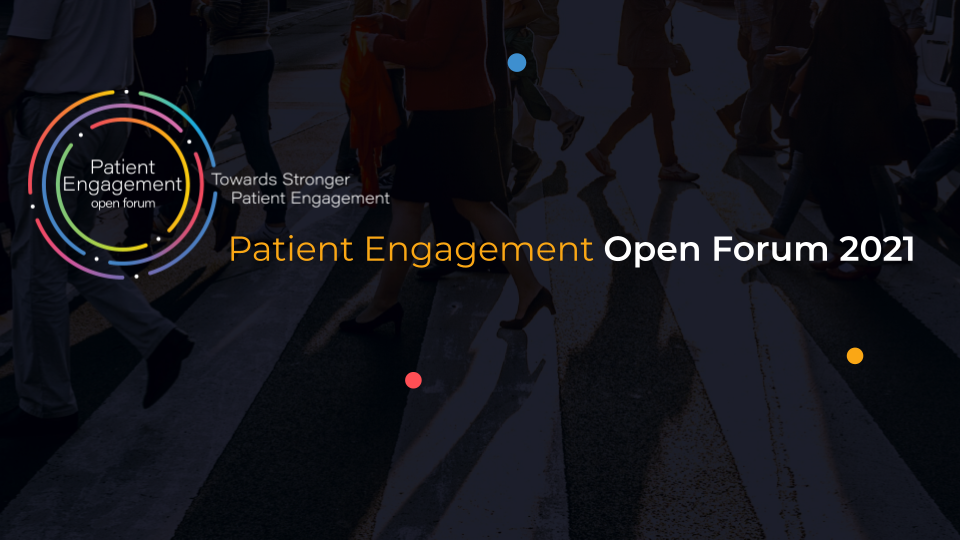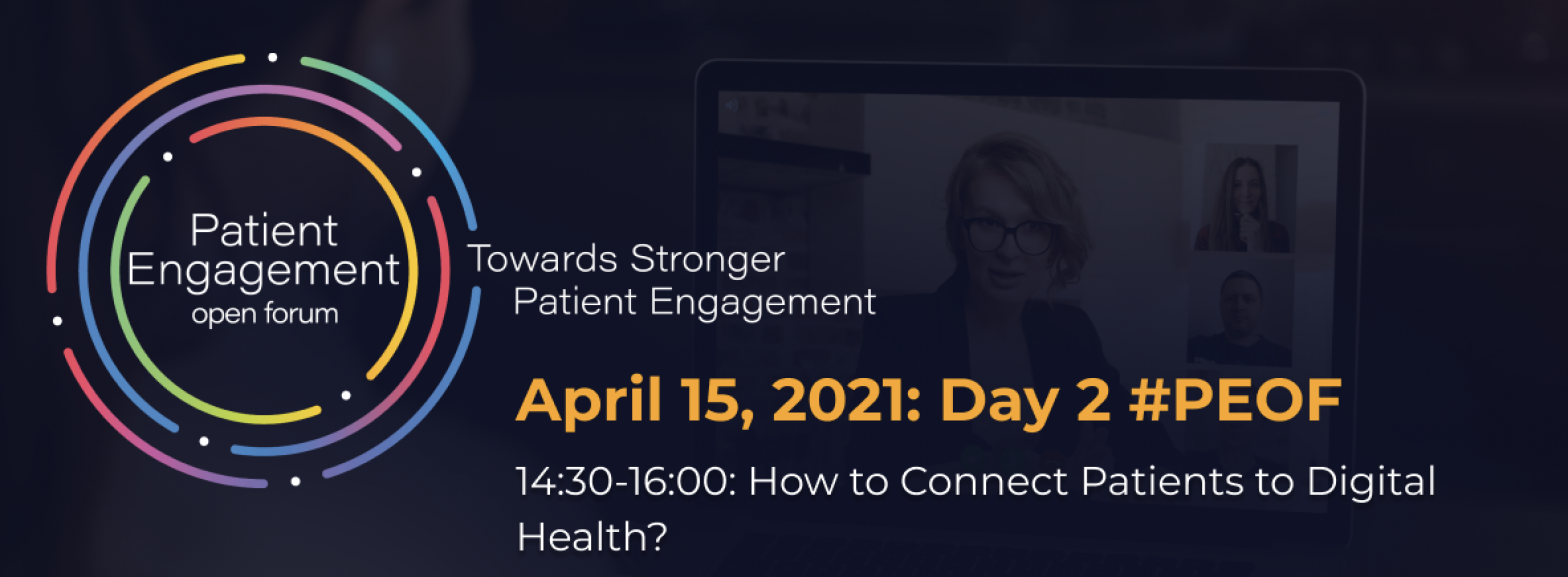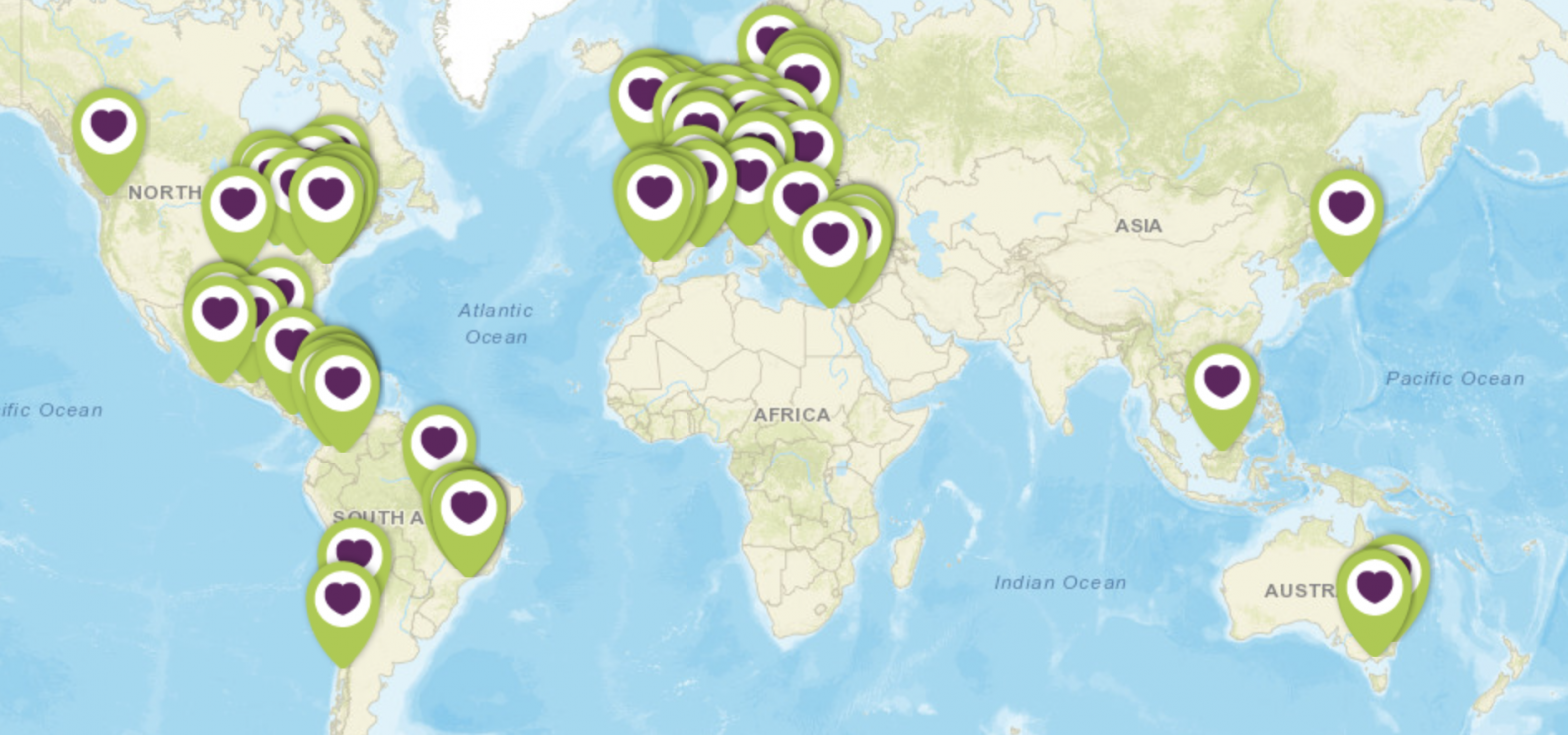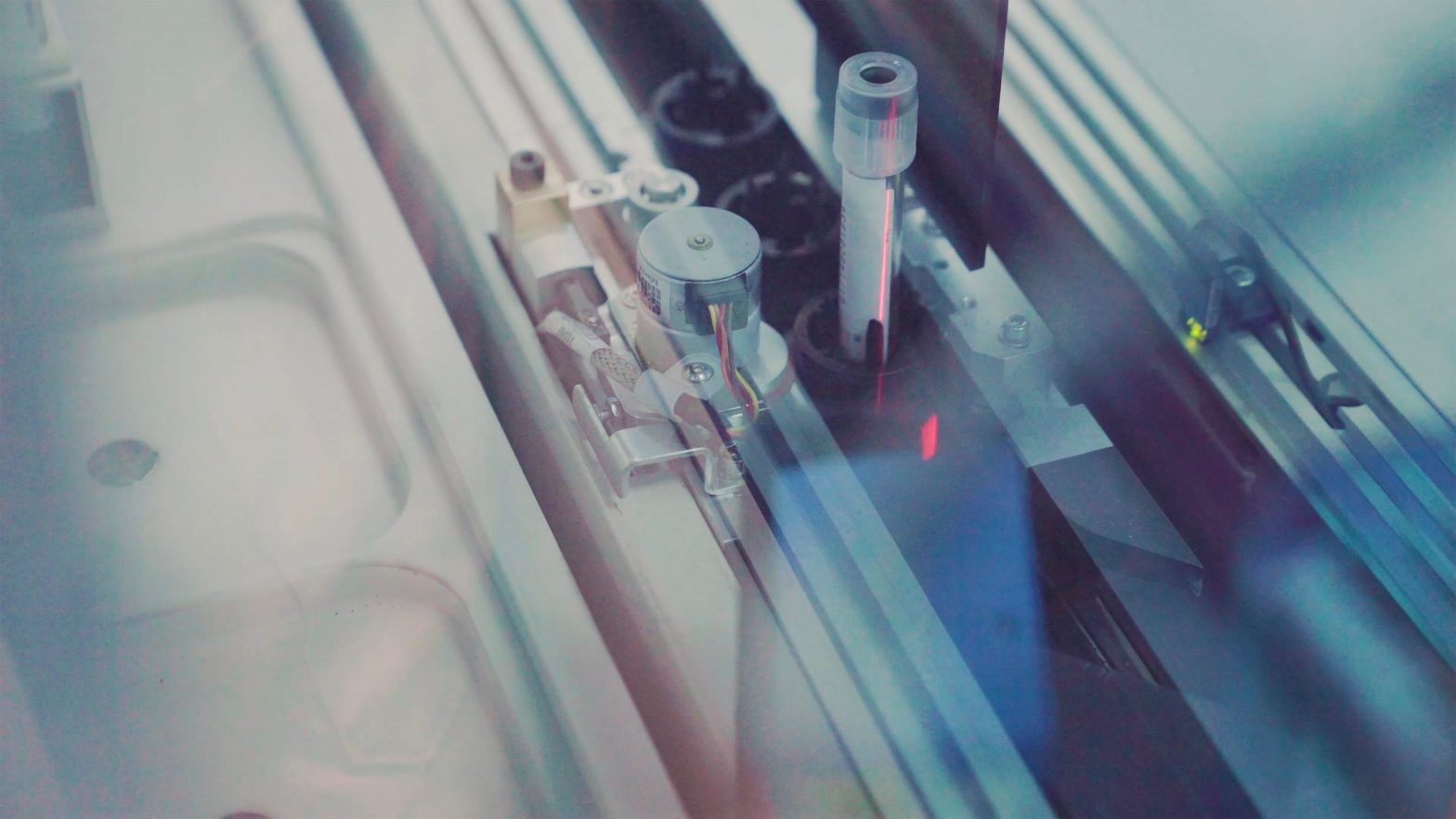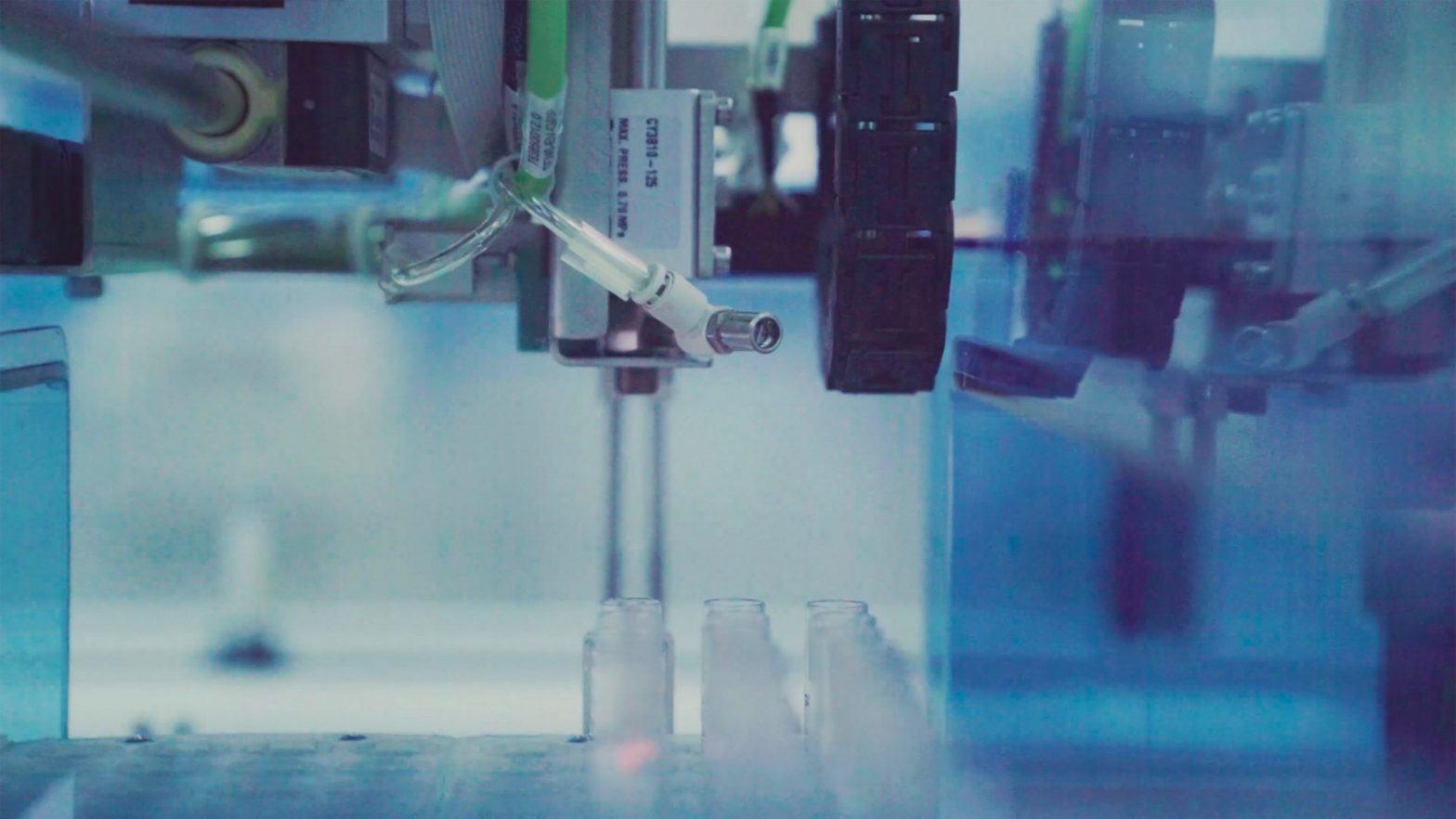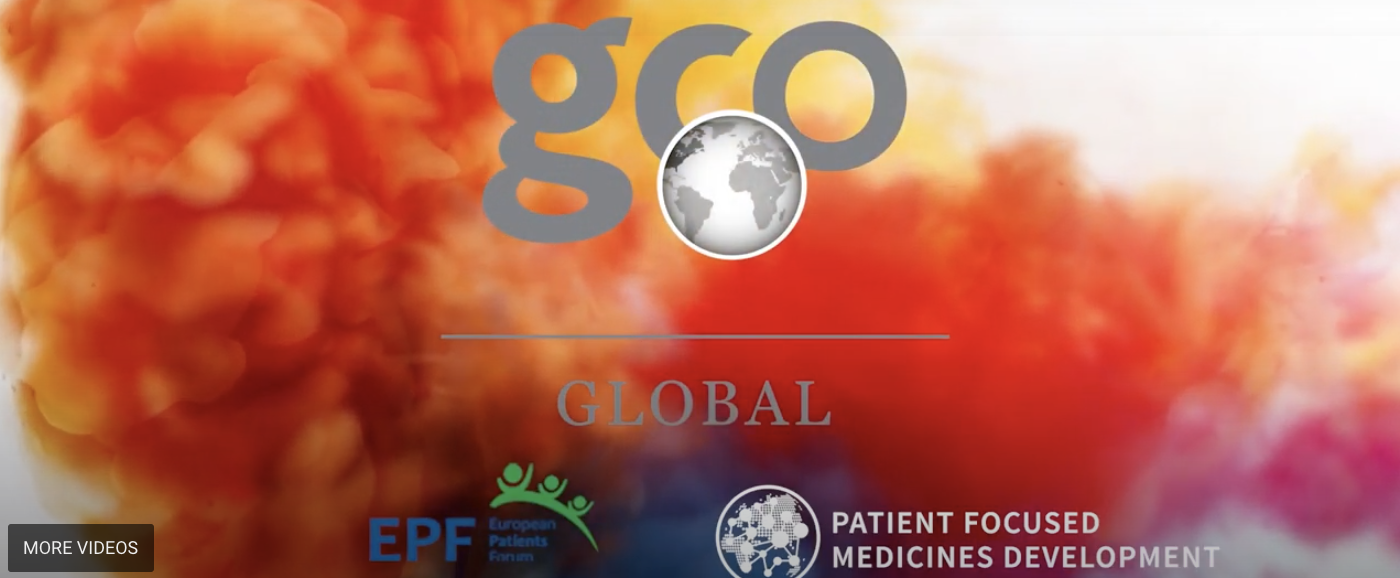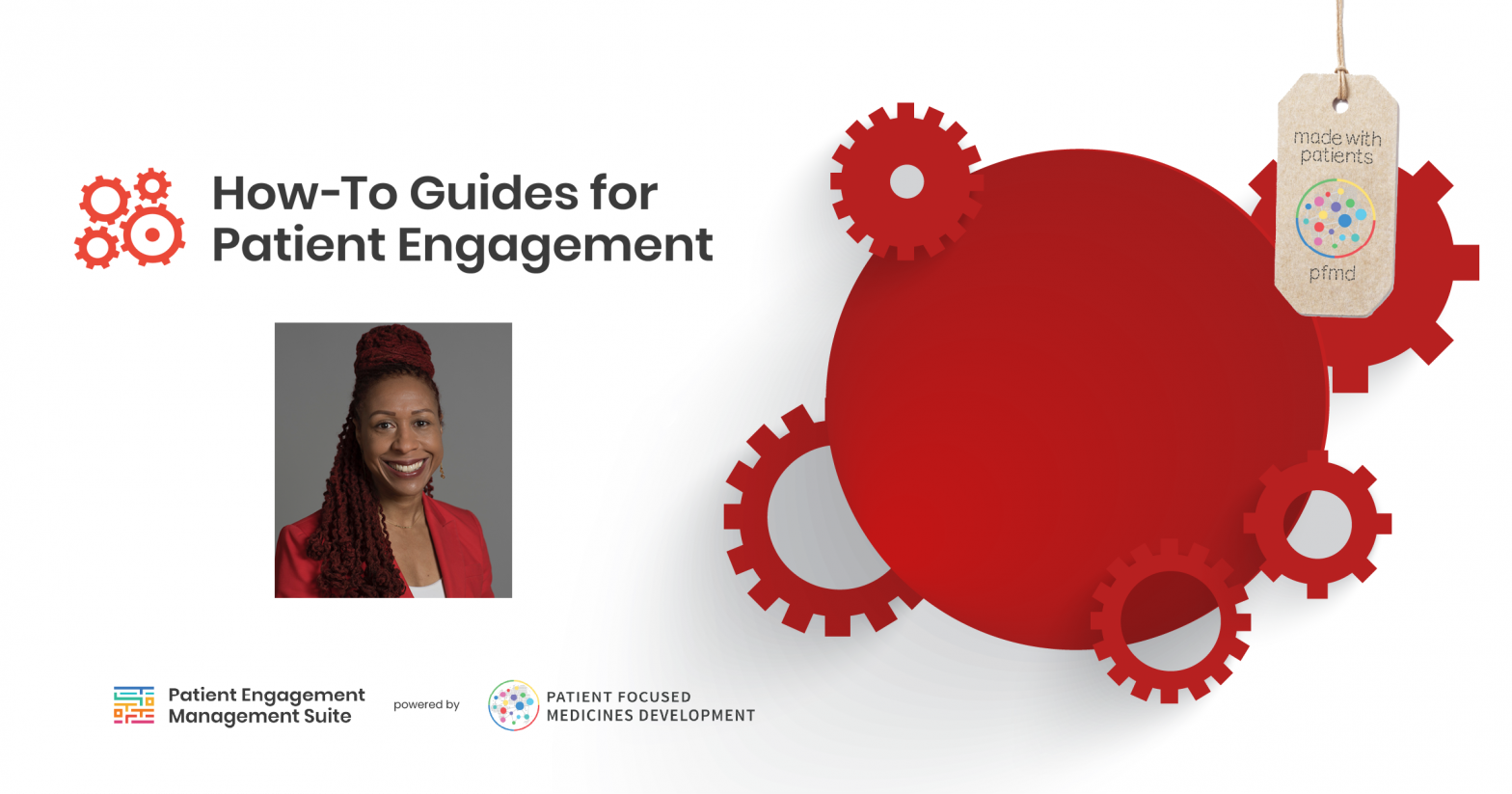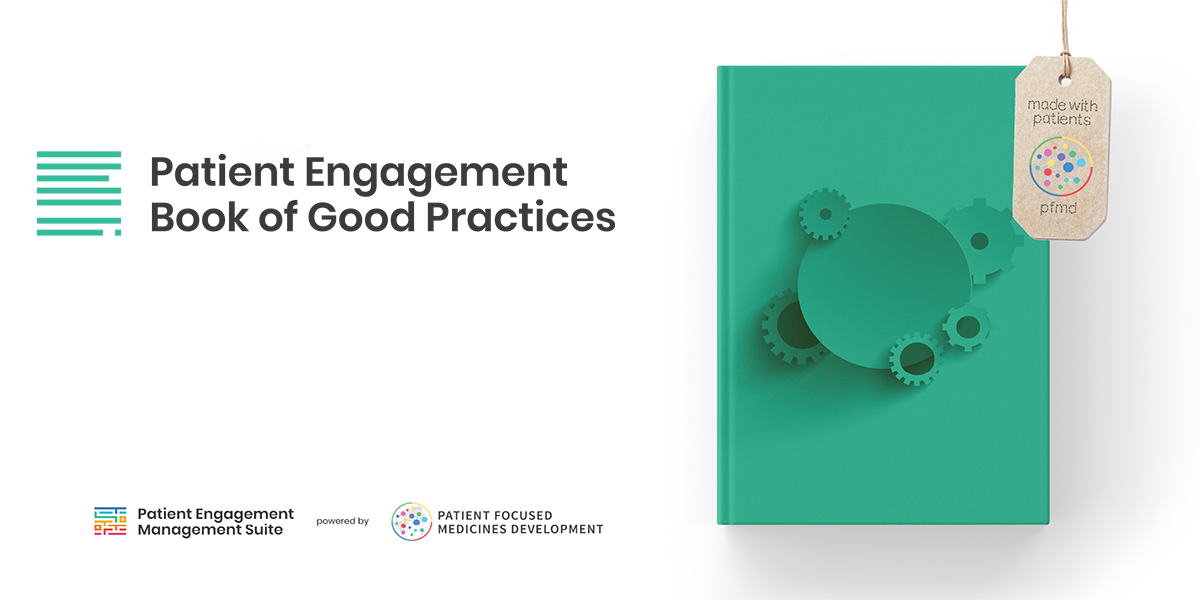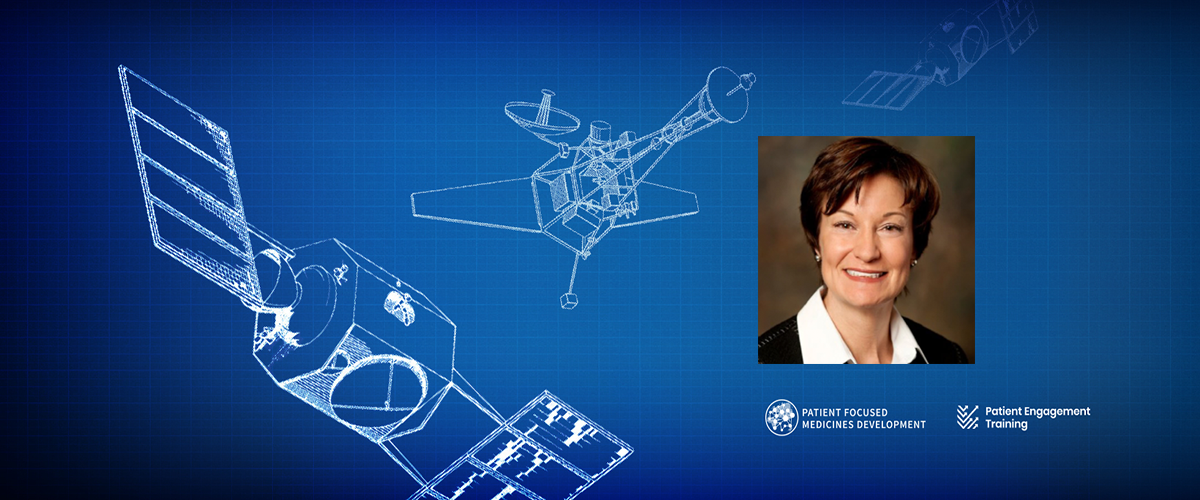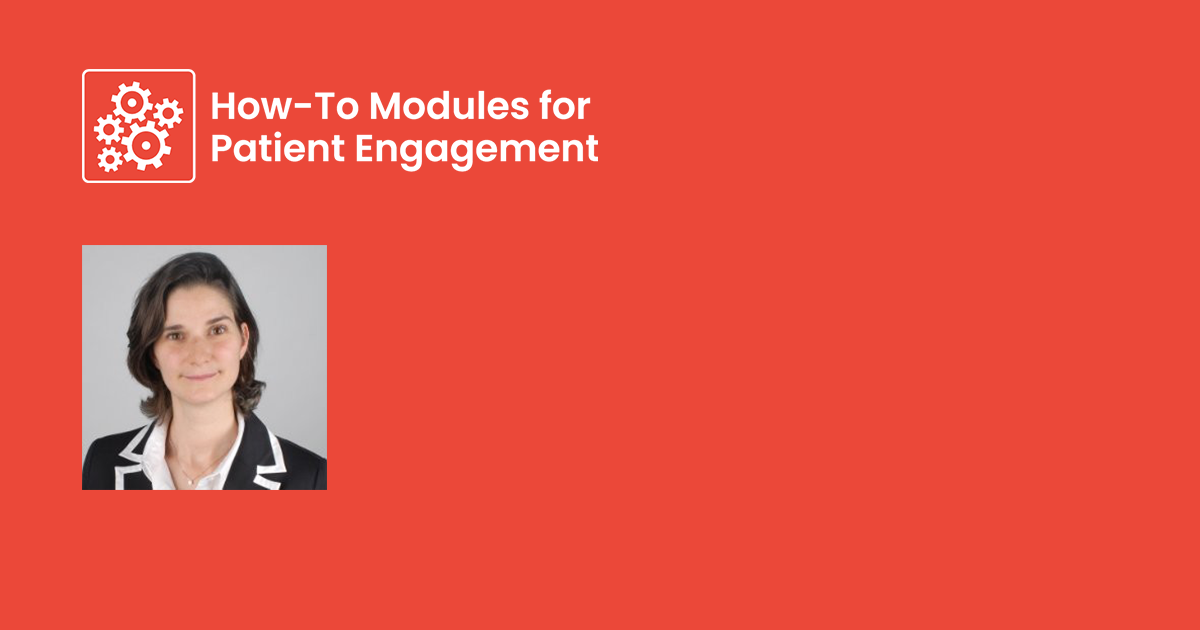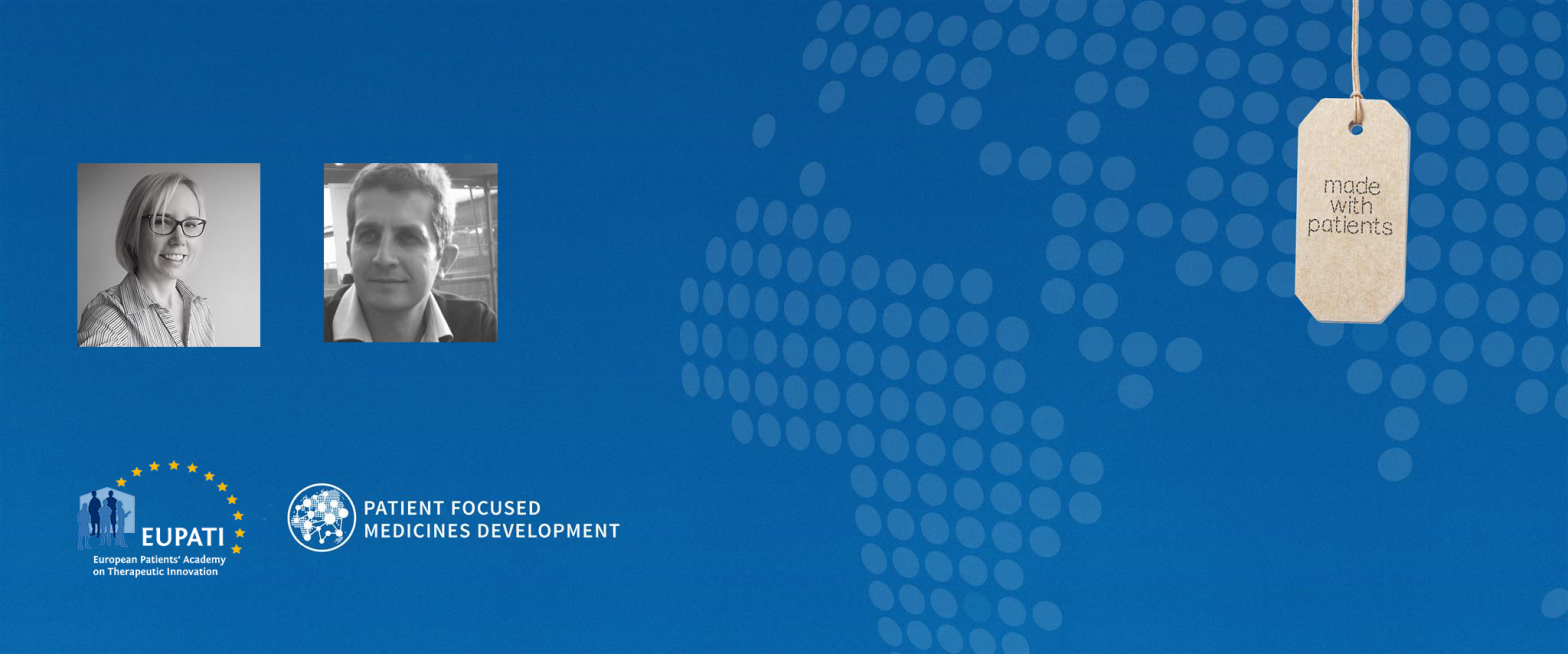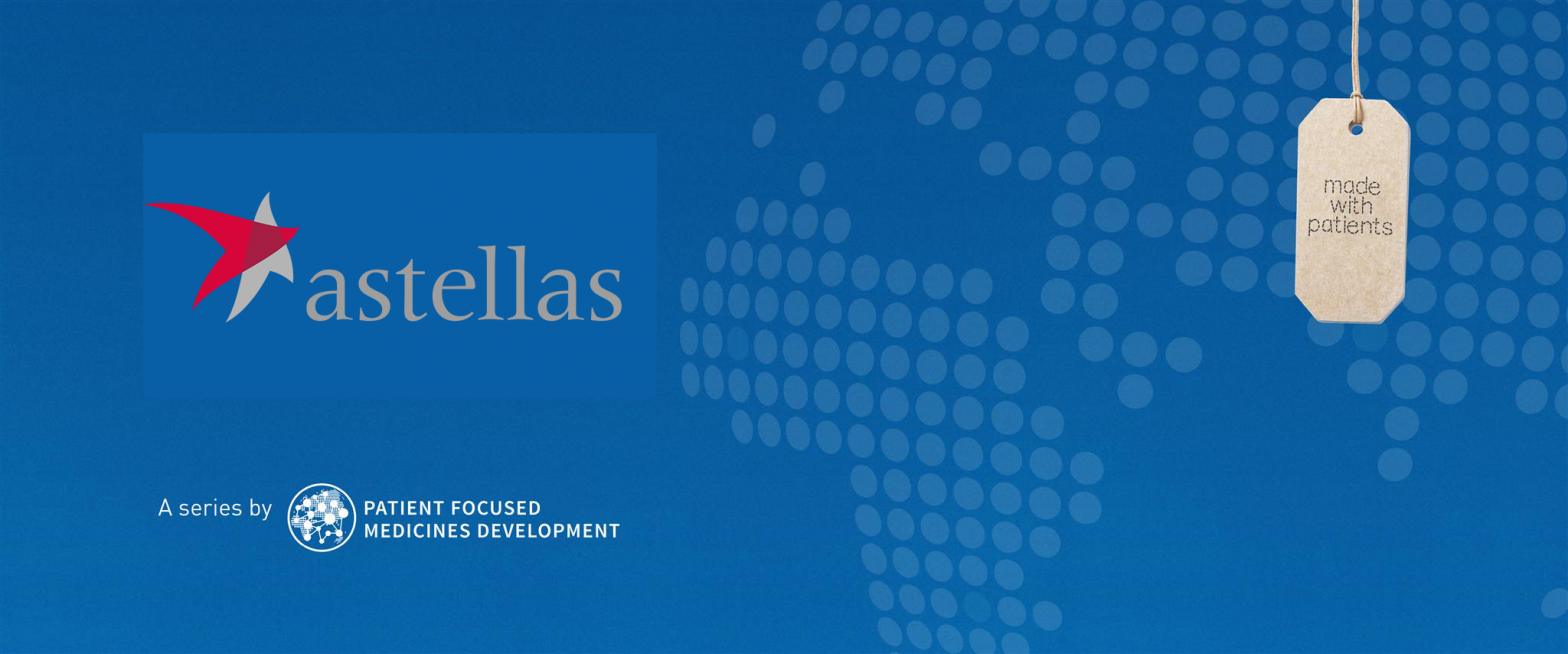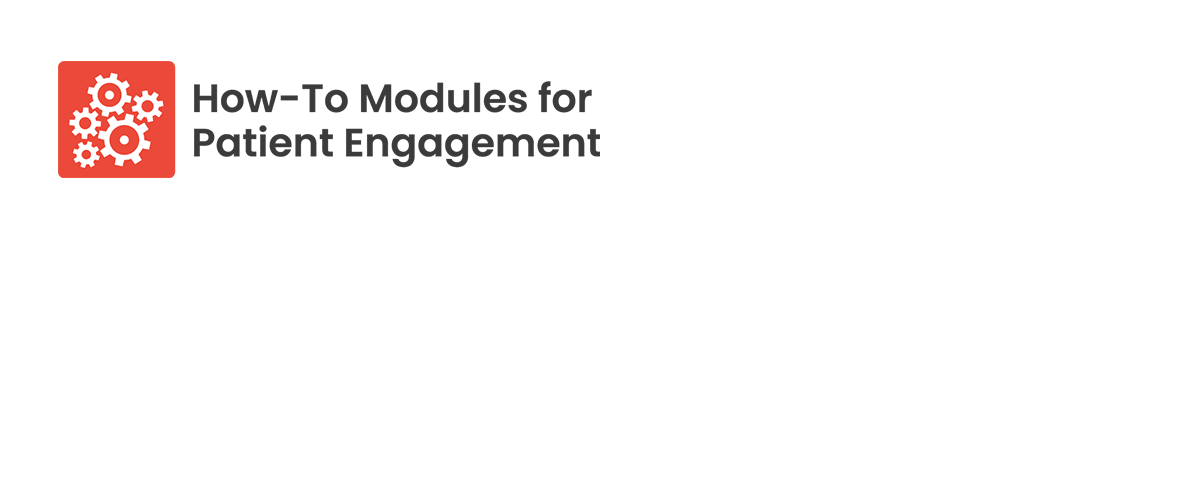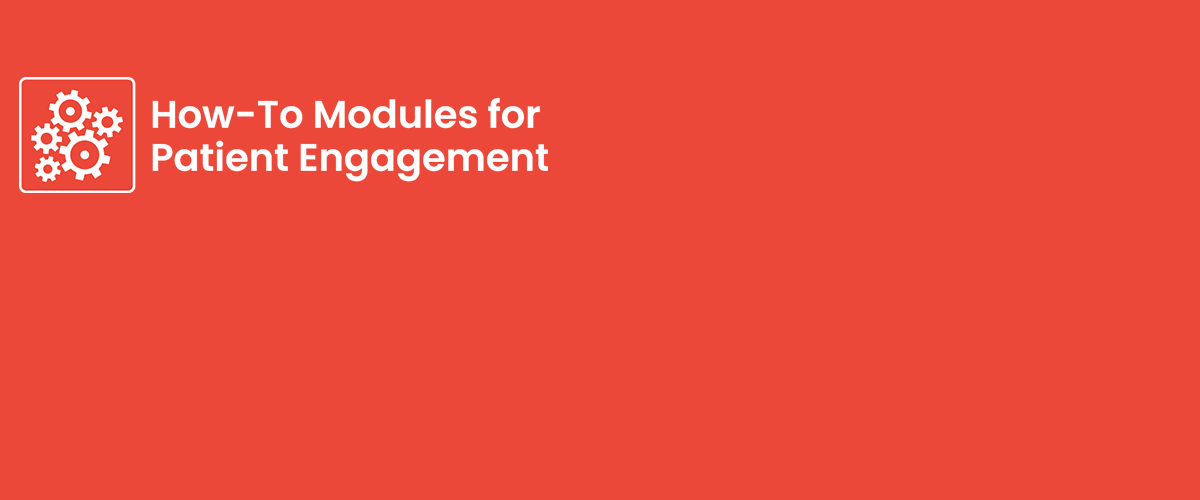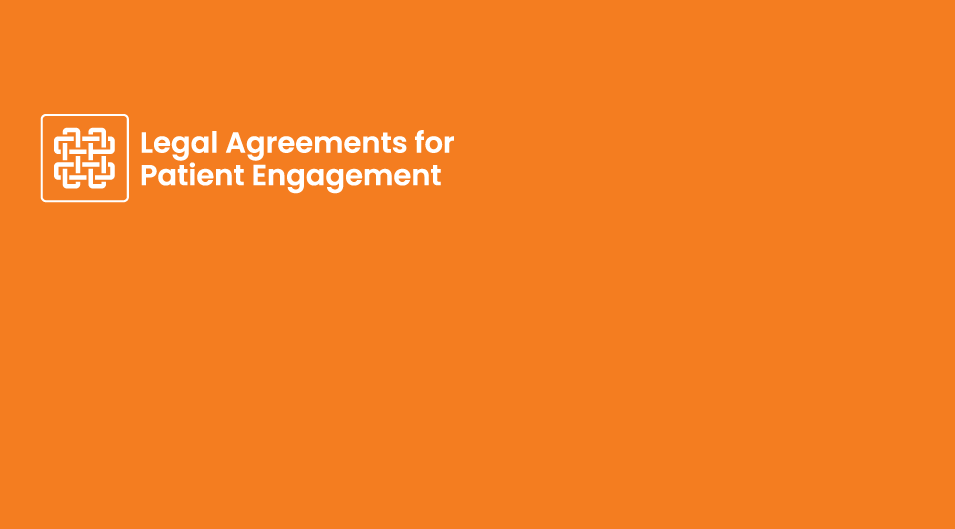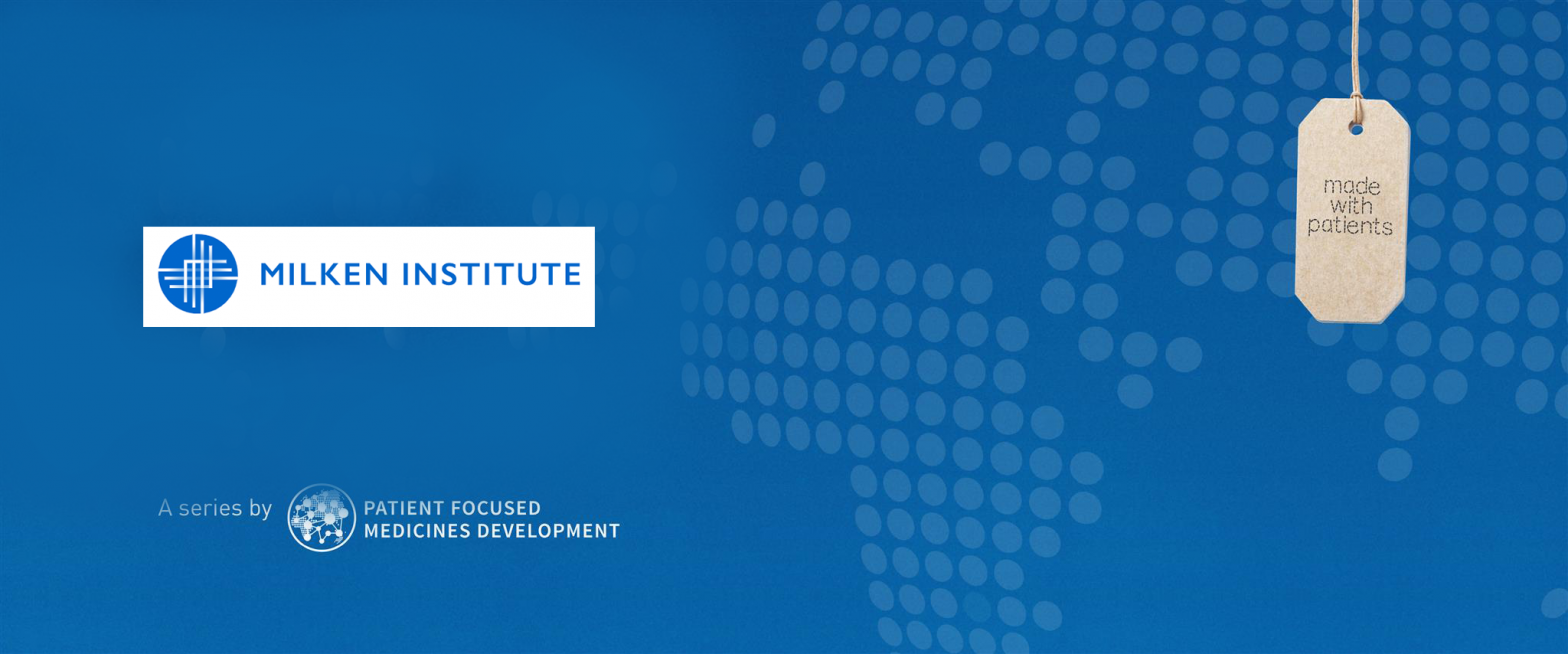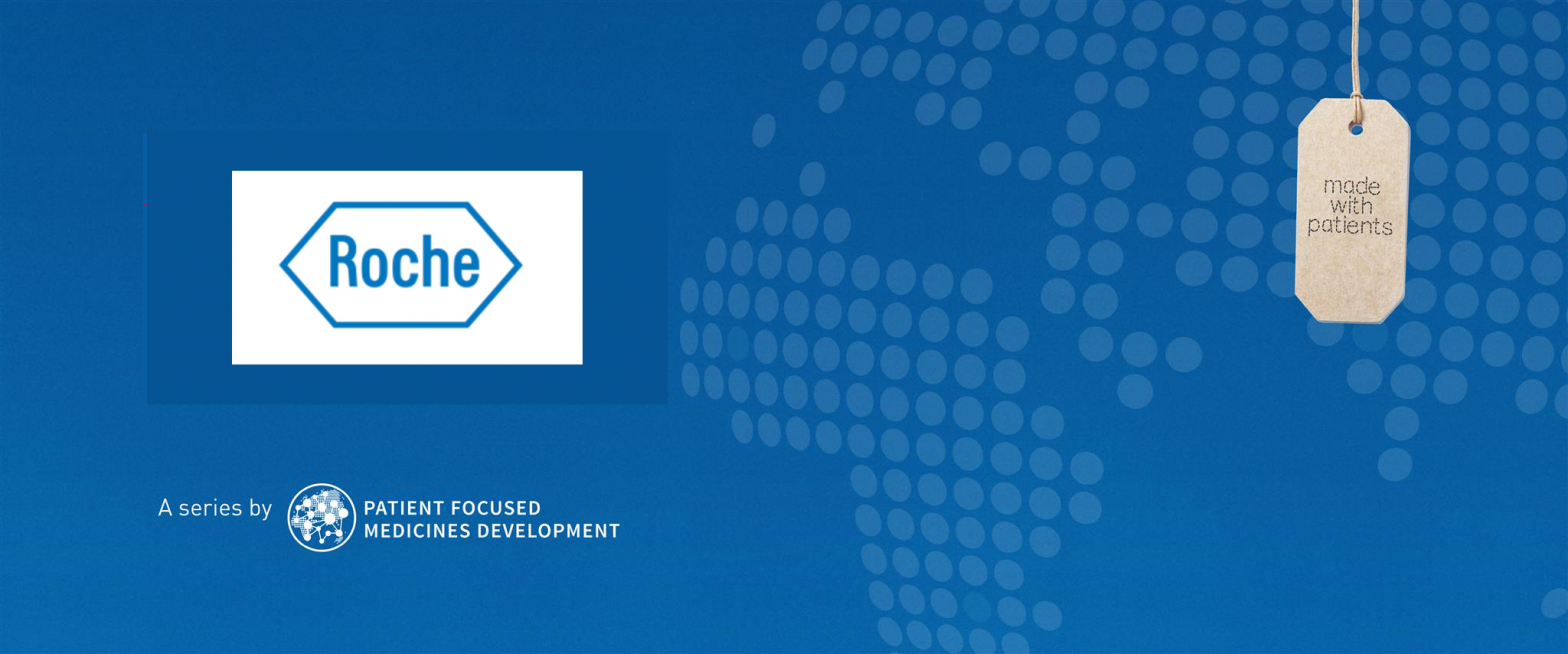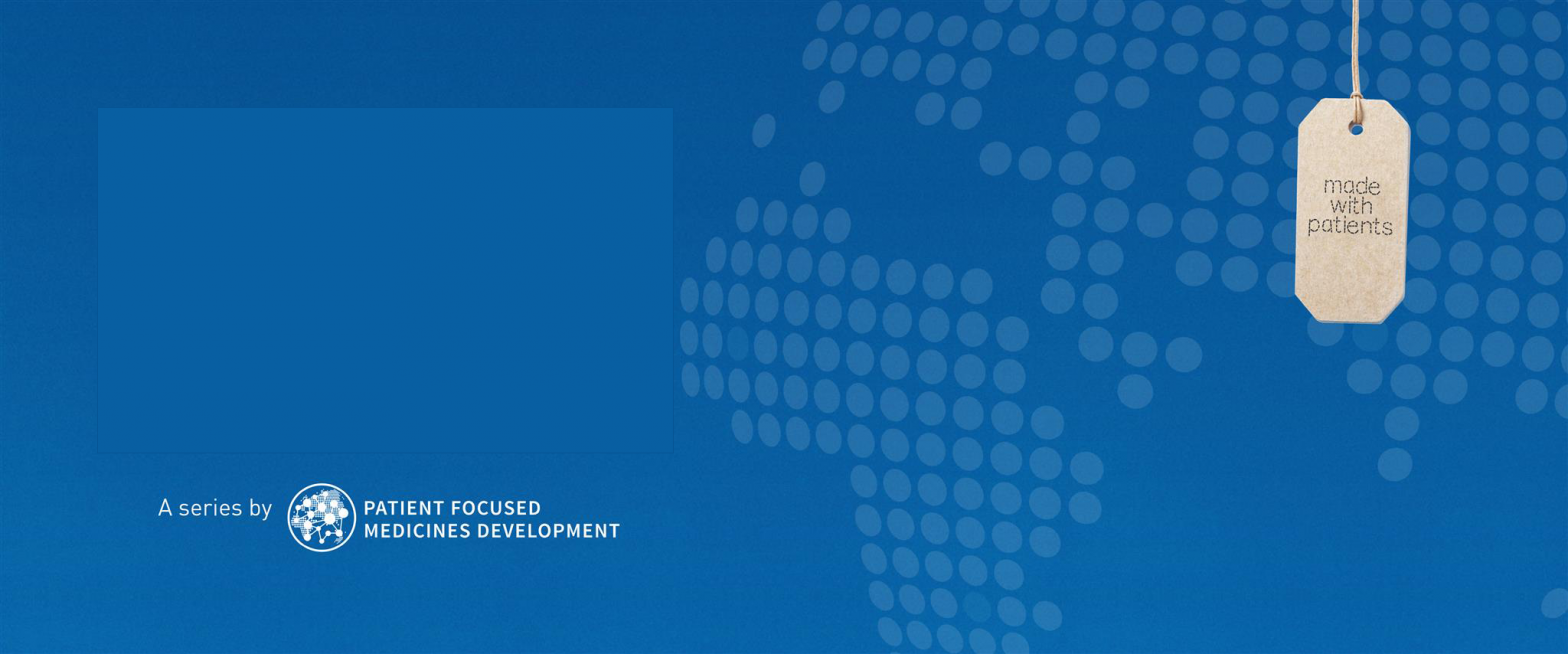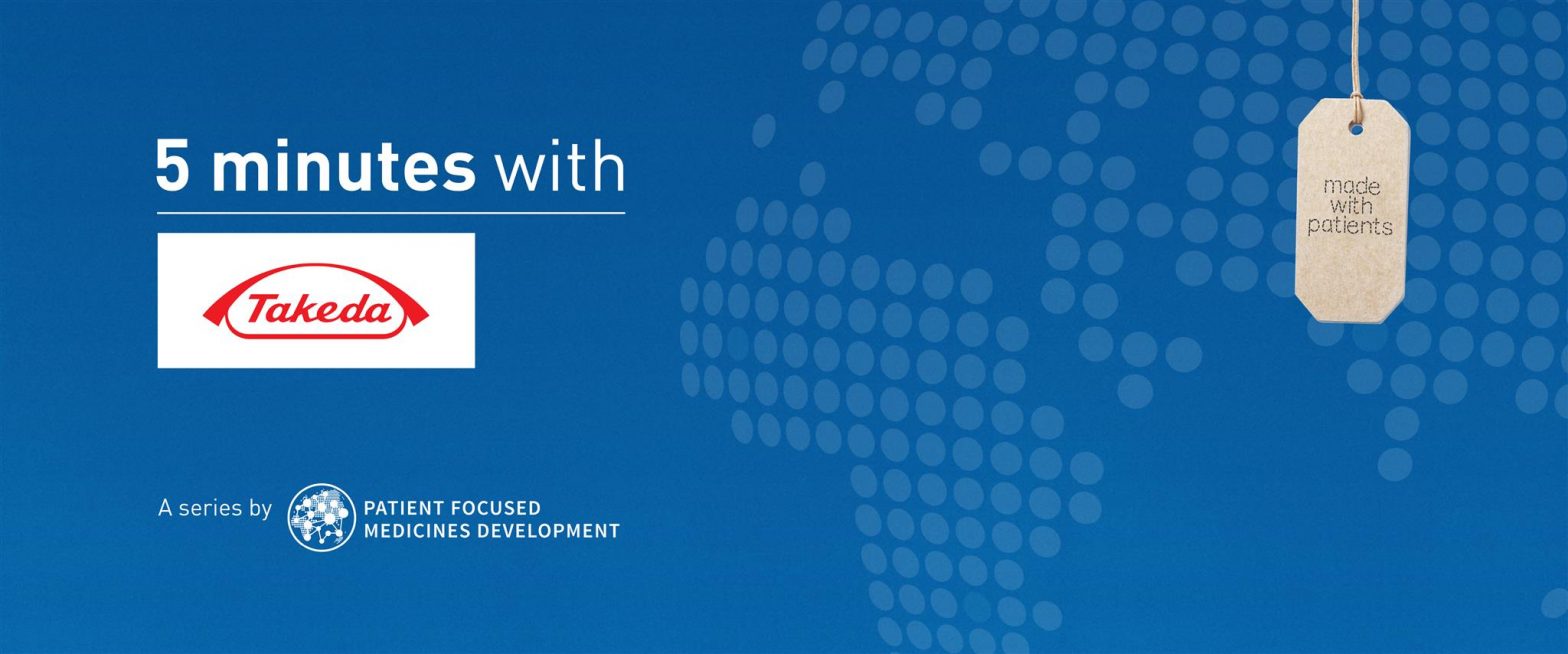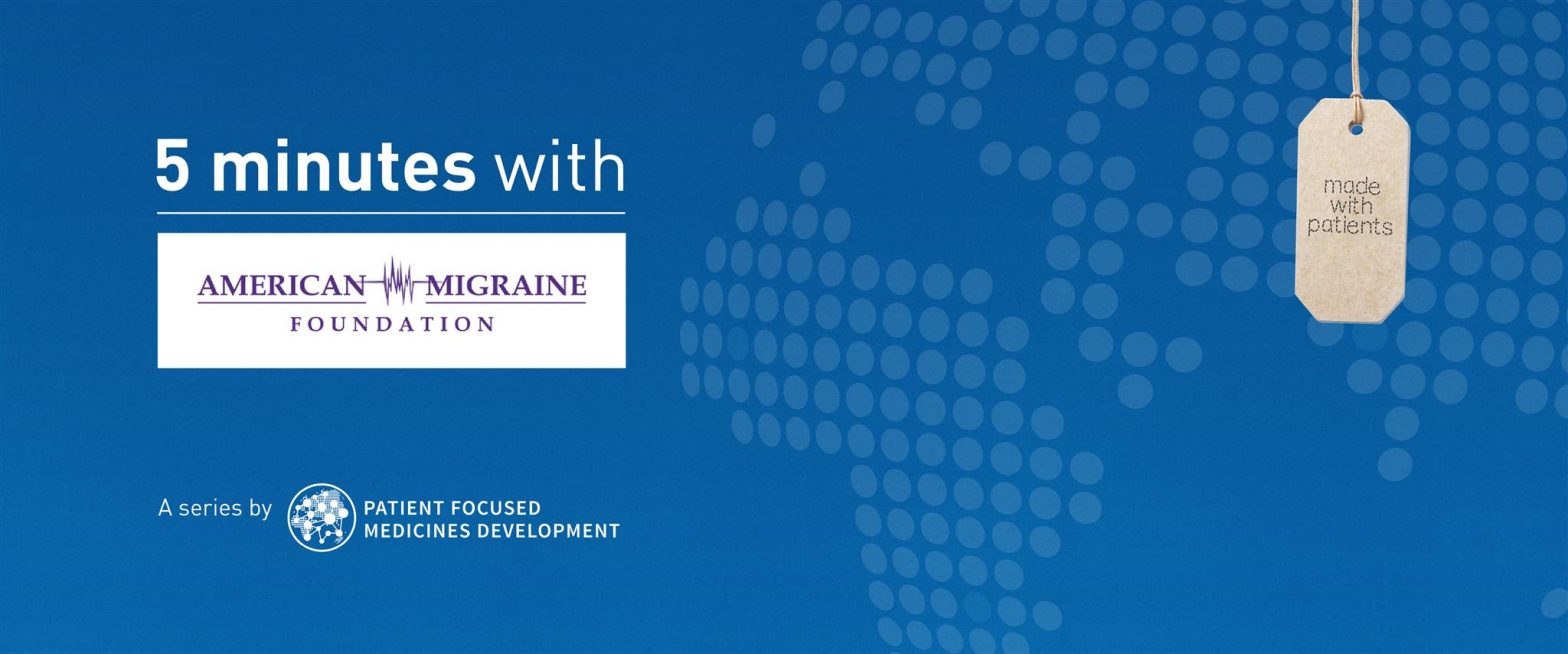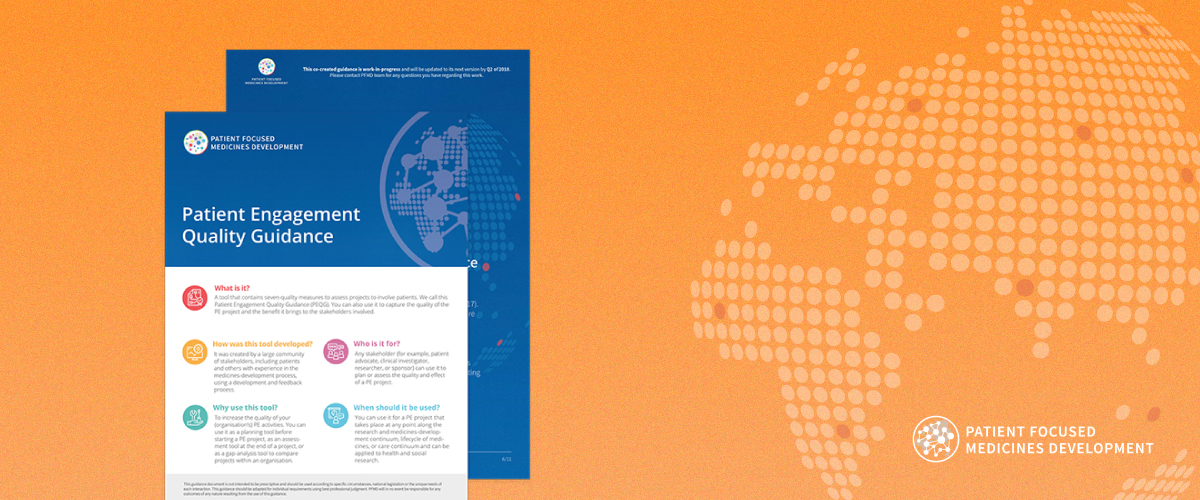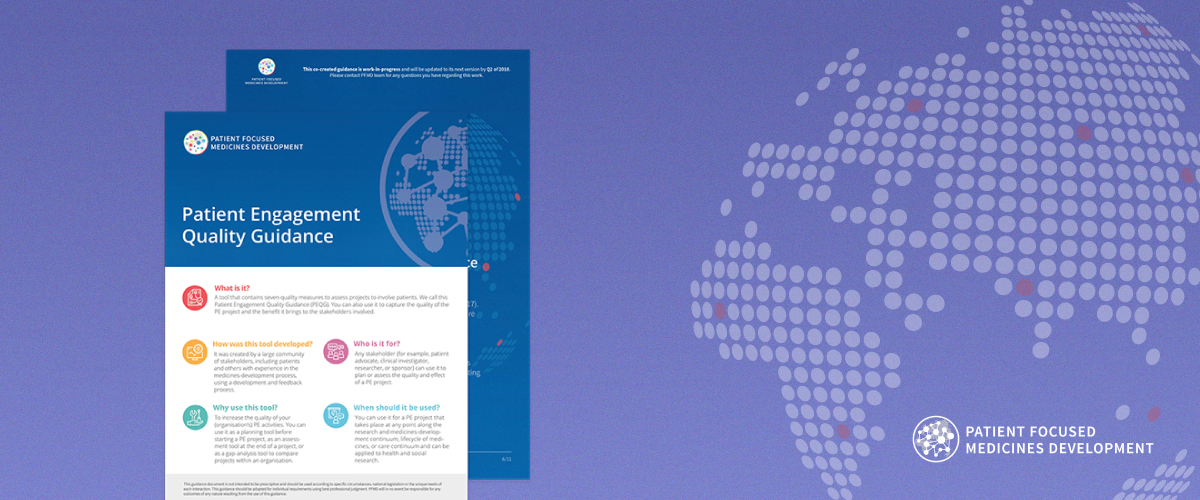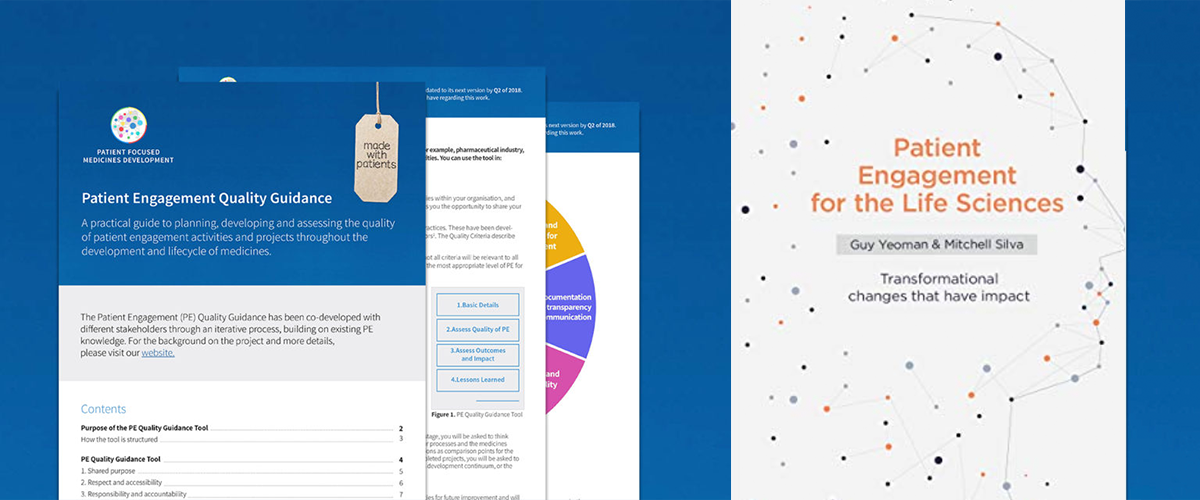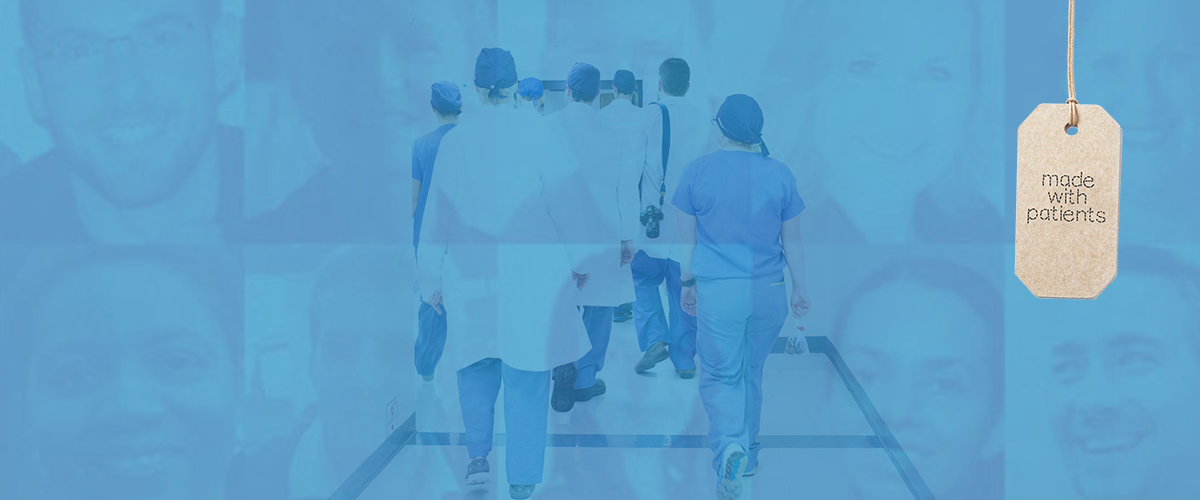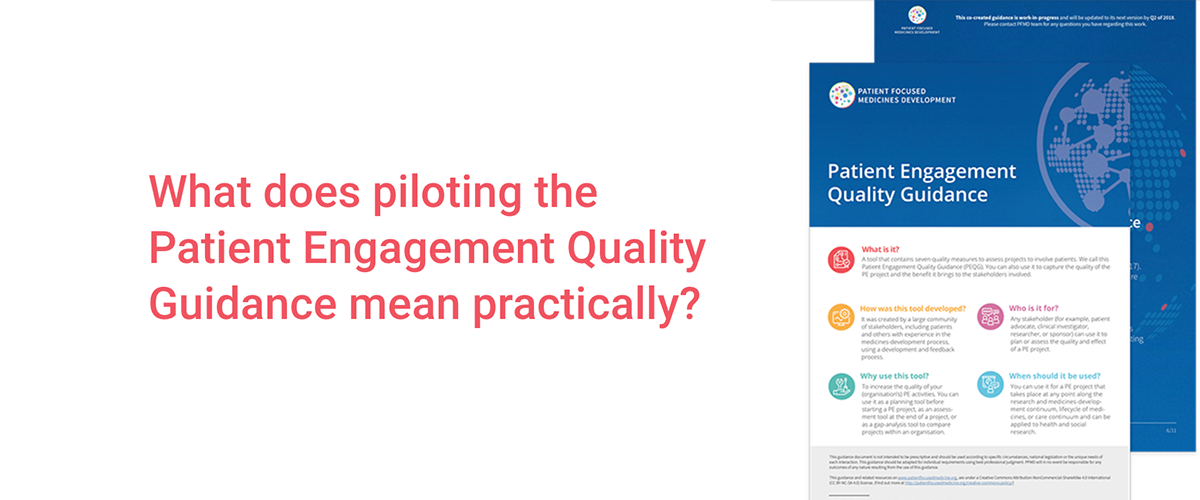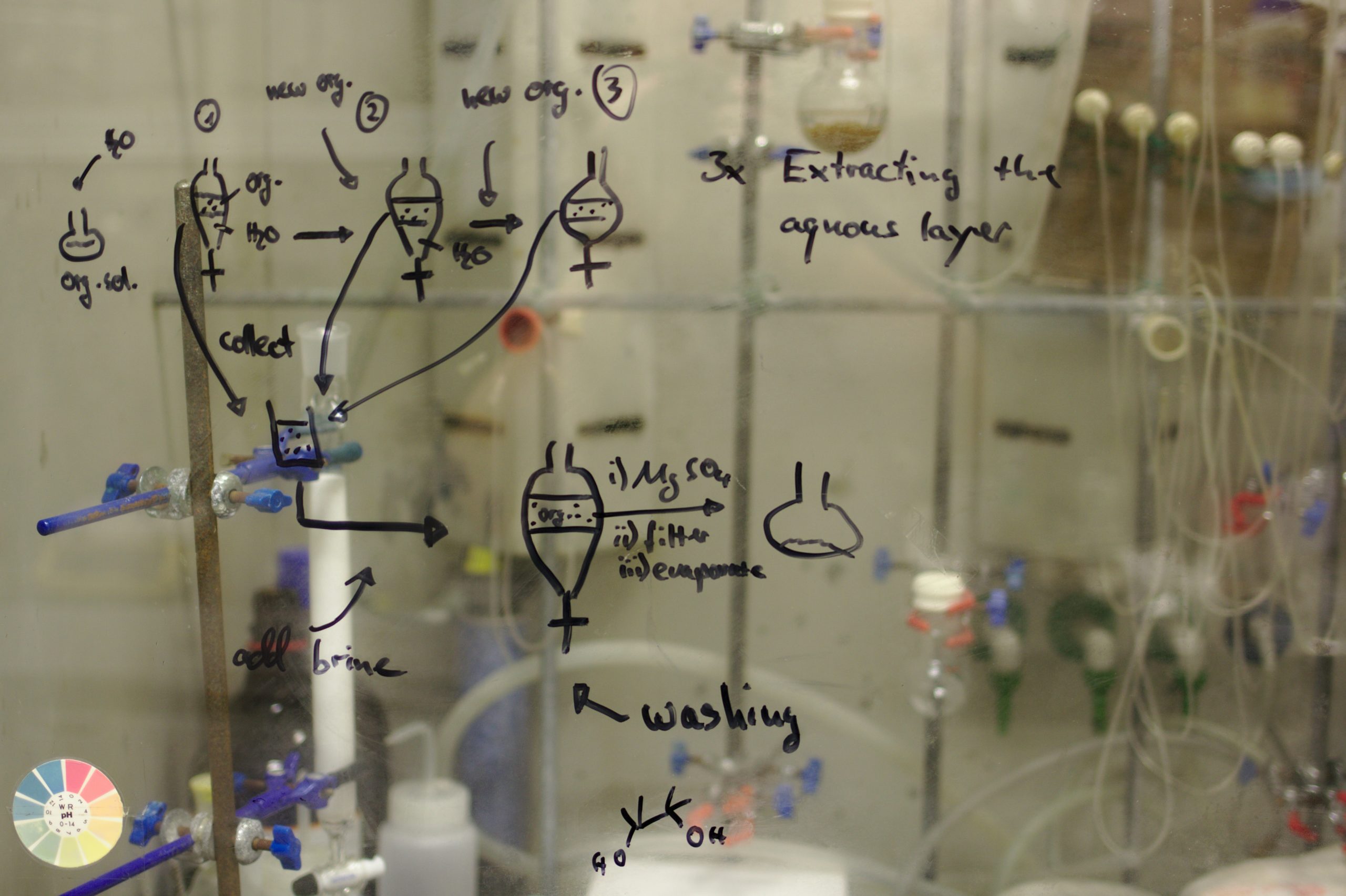
Interview with Magda Chlebus, Executive Director of Science Policy & Regulatory Affairs at EFPIA.
The European Federation of Pharmaceutical Industries and Associations (EFPIA), MSD, UCB, and Bayer recently received major recognition for their efforts in driving a culture of patient engagement. Their endeavours in patient engagement meant they were named as the recipients of the EURORDIS Black Pearl Company Award for patient engagement. EURORDIS highlighted in particular their leadership as a group in championing the development of patient engagement activities in a pre-competitive manner together with patient organisations within the Innovative Medicines Initiative (IMI).
Magda Chlebus, Executive Director of Science Policy & Regulatory Affairs at EFPIA accepted the award on behalf of the initiative. She says the award came as a surprise, but is an enormously welcome recognition of the efforts being made by the public/private partnership.
“The value of the prize is in giving us validation, and validation by those in the frontline, the patients themselves. We are just doing our jobs as best as we can, to facilitate patient engagement in R&D because it makes sense, both for the quality of research and for the patient themselves. It enables the industry to make the right choices.”
Chlebus is keen to stress that the award will serve as encouragement to strive for even more success on the patient engagement journey.
“It sends us a signal that we are on the right track but I believe it also puts pressure on us to set the bar even higher and make sure that we collectively deliver and we continue on this journey. It is recognition of what we do but also setting the next goal.”
The award is also a testament to the teamwork that is necessary when it comes to establishing a culture of patient engagement based on best practice, she adds.
“There are many people who had been doing a lot of exciting things around PE, we cannot do that in isolation, we have to share. We need to ensure that people do not have to go through the ‘trial and error’ stage, reinventing the wheel or making mistakes. It is not yet in people’s DNA and we have to make sure that we facilitate upscaling and implementation of these good practices in companies and in our partner’s research such as academia or non-pharmaceutical companies. If we have good practices that work we need to ensure people know about them, and make them available to anybody who is embarking on that journey.”
Chlebus explains that enabling co-creation with patients is at the heart of the initiative.
“We need to work with patients – they are at the centre of this process. We need to resolve the challenges to a lack of patient engagement, be they behavioural, mindset, or even processes within the different companies. We need to work with patients to identify how these challenges could be overcome without a conflict of interest. That’s the reasoning behind our initiative, and that’s why we received that prize.”
The initiative will serve to enhance, and not duplicate, the efforts of similar endeavours within the sphere of patient engagement. Chlebus explains that PARADIGM “does not have the monopoly on patient engagement”; referencing other initiatives such as PFMD, the Clinical Trials Transformation Initiative (CTTI) and cross-industry collaboration TransCelerate.
“We are providing complementary activities to the ones that are happening globally. We would like to capitalise on what exists and bring it to the next level of implementation. How we are doing that is by demonstration – we are providing a map for implementation, guiding step-by-step on how to do it, making it available in the public domain and ensuring that everyone can access these tools.”
PARADIGM focuses on three key decision points, the first of which is prioritising research, while the second that of clinical trial design and implementation. “This is also really important because there are initiatives already doing that but we need to take their efforts and scale them up, consolidating what has been done and bringing it to the next level,” Chlebus outlines.

Finally, the project aims to enhance engagement with the regulators and assessment bodies, an activity that ultimately requires a public/private partnership.
“It needs to be transparent and is dependent on the proper management of interests. EUPATI is complementary with PARADIGM – it helps researchers so that when patients knock on their doors they say yes. Yet ultimately our goal is that is they don’t even wait for patients to knock on their doors.”
P.S. Do you believe patient engagement can change the face of the healthcare system? If the answer is yes, than you can also contribute to this cultural change. Click here to show your commitment and become part of the movement.



